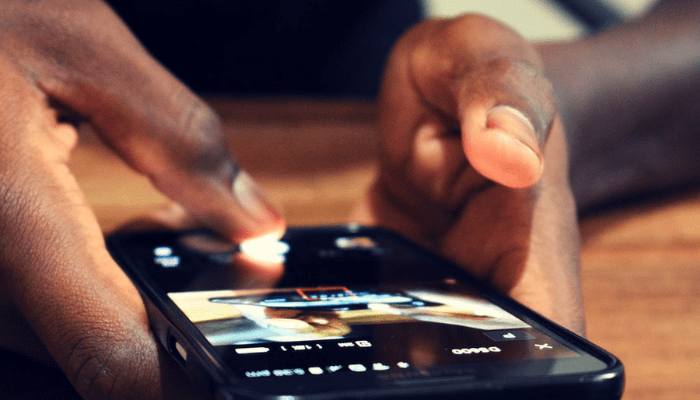Here are 5 smartphone hacks that save data
Nigeria is hard already. And let’s be sincere, the ever-rising cost of data is making it even harder. We live in a time when the Internet has become even more popular than it ever was, and we must always stay informed about global happenings.
According to the Global Broadband Pricing League Table 2024 compiled by Cable.co.uk, Nigeria ranked 51st globally for Africa with an average monthly broadband cost of $21.89.
Despite this, we can run out of data as a result of too many data-draining apps running at once.
You load 5GB today, and before you know it, everything is gone. But the good news is that there are simple hacks to stretch your data and make it last longer.
You don’t need to stop enjoying your phone; you just need to use it smarter. Here are five hacks that can help you save data.
Turn Off Auto-Play for Videos
Social media apps like Instagram, Facebook, TikTok, and even Twitter automatically play videos as you scroll through them. This eats up data quickly without you realising it. Go to the settings of each app and switch off auto-play or set it to “Wi-Fi only.”
That way, videos won’t load unless you choose to watch them. This small change can save hundreds of megabytes every day, especially if you spend a lot of time online. You control what you watch, not the app.
Use Data Saver Mode
Both Android and iPhone have built-in data saver options. When enabled, this setting automatically reduces data usage by blocking heavy background processes and lowering the image or video quality.
For example, Google Chrome has a “Lite Mode” that compresses web pages before loading. It may sound small, but every MB saved counts. Activate data saver mode whenever you are browsing or streaming on mobile data.
Download Instead of Streaming
Streaming music, movies, or even lectures eats data quickly. A smart hack is to download when you have Wi-Fi, then watch or listen offline later. Most platforms, such as YouTube, Spotify, and Netflix, allow offline downloads.
The same applies to documents, e-books, or podcasts. Additionally, it prevents the repeated streaming of the same content, as you now have it downloaded and saved on your phone.
Monitor Your Data Usage Regularly
One reason people run out of data quickly is that they don’t track where it goes. Both Android and iPhone have features that show which apps consume the most data. Check weekly and identify the culprits.
You may be surprised that a single app, such as Instagram or YouTube, is consuming half your data bundle. Once you know, you can set limits, reduce usage, or switch to Wi-Fi for heavy browsing.
Disable Background App Data
Many apps run in the background even when you’re not using them. They check for updates, send notifications, or sync data. This drains your data silently. On Android or iPhone, go to “Data Usage” or “Background App Refresh” in settings and switch it off for non-essential apps. Leave it on only for apps you truly need, like email or WhatsApp.

